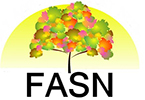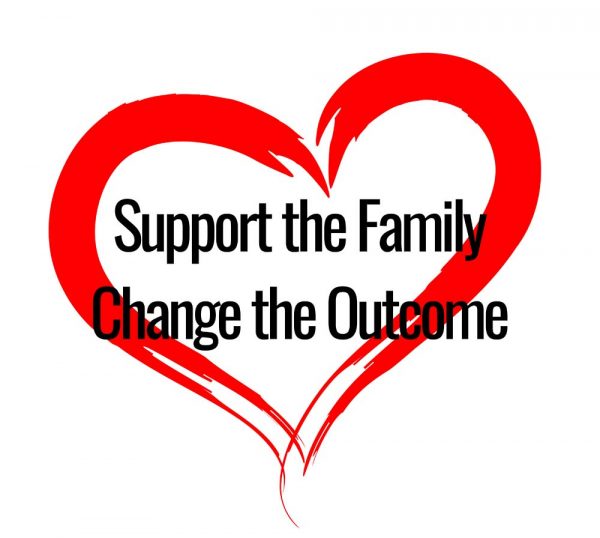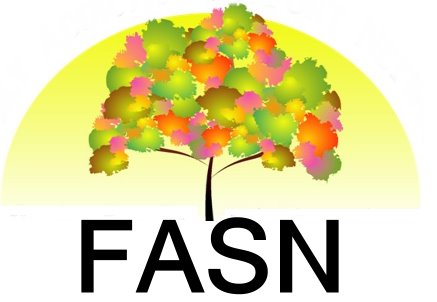Even under normal circumstances, living with addiction can be a stressful, confusing experience, where the abnormal becomes normal and everyone loses sight of what healthy behavior looks like.
Partners, children, parents, and siblings can often tiptoe around someone in active addiction, trying not to rock the boat.

Families are already living a double life, attempting to manage the unpredictable behaviour of the addicted individual whilst perhaps hiding the problem from friends and relatives.
Christmas therefore can potentially put these relationships under even more pressure. During any December in Ireland, alcohol & other drug use consumption tends to rise.
For family members already tip-toeing around addiction, Christmas can be a pressure
cooker moment.
For some families, Christmas time might mean being face to face and spending time with a loved one who has developed a dependency, or who is openly drinking or using drugs…. or on the flip side hiding their true consumption levels; being secretive, manipulative and behaving differently as a result.
How does addiction affect families and loved ones?
At the beginning, the problem of addiction dependence is often denied, not just by those addicted, but by their loved ones too. It’s a condition that is difficult to understand or put right; it creates havoc and destroys lives; families experience stigma and a vicious circle of shame and guilt.
For family members, addiction can have physical, emotional, financial, social and consequences. Family members who are affected by the impact of someone else’s addictive behaviour often feel worried, confused, frustrated, isolated, hopeless, angry, and completely exhausted.

Christmas can be in itself a very difficult time for those in addiction or even in recovery. The Christmas period can be a stressful time for everyone – a lot of people can exert themselves too much, physically, socially, and financially over Xmas. This can contribute to a massive increase in stress, which is one of the most common triggers for addiction and relapse.
All of this means that family members are often on tenterhooks, worried and anxious
about how Christmas may be potentially affected by their loved one’s addiction behaviours.
For families new to addiction, or who have been living with its damaging consequences for years, getting advice and support is essential.
Our Tips for Family Members this Christmas
The first thing is to remember, we as family members cannot change other people, but we can change how we respond to them and their behaviour.
It is vital that family members and loved ones remember to look after themselves this Christmas and over the holidays. Setting boundaries and sticking to them is a great place to start.
Having coping strategies is crucial for our ability to deal with living with someone who is addicted to, or has significantly increased their consumption of alcohol or drugs.
Stress and worry have the capacity to stop us as family members from functioning. So coping strategies give us the opportunity to take responsibility in difficult situations
by either:
• changing the nature of the situation being experienced e.g. taking ‘time out’ or
• changing the way we deal with the situation e.g. by setting a boundary.
Boundaries are the limits we set in relationships to protect ourselves from being overwhelmed or manipulated by others.

We can’t change other people but we can change how we respond.
Healthy boundaries allow us to
• Maintain a clear, stronger sense of our own identity/feelings/needs.
• Protect our space physically and emotionally.
• Stop being taken advantage of. Clarify what is acceptable and what is not.
Some boundaries, however, need to be rigid – because:
• No-one deserves abusive treatment.
• No-one deserves to be betrayed or lied to.
• We all deserve to be treated with dignity and respect.

Other Tips for Family Members and Loved Ones

1) Practice your own self-care. Looking after your own physical and mental health is vital to maintain resilience and not getting overwhelmed.
2) If there are children in the house, maintaining routines for children is important. Regular bedtimes ensure they get enough sleep – they’ll be less likely to be irritable the next day.
3) Plan alcohol-free activities – children can learn that socialising need not include alcohol.
4) Listen, and talk to your children. Help them learn how to communicate difficult emotions, instead of hiding them
5) Don’t try to cope alone. If you are feeling worried, frightened, or overwhelmed – reach out to someone that you trust and who will listen to you. Also note the FASN helpline remains open all over the Christmas period.

6) Addiction can sometimes lead to a life-threatening emergency, if you are experiencing this, or you do not feel safe, contact the emergency services immediately.
Never be afraid to reach out and ask for help. Addiction is too big a load for one person to carry. Sharing with others in a similar position helps to lighten that load.
As always, during Christmas and New Year, The Family Addiction Support Network will be providing our Family Members with emergency cover.
Volunteers will be on call to
– Answer an ‘out of hours’ helpline supporting family members in stress and seeking help
– Meet with a family member who needs the emotional support or simply a listening ear without feeling judged
– Support family members through the terror of dealing with drug debt intimidation and threats of violence
– Provide information and options to help find ways of coping whilst taking care of their own health & wellbeing.
The Family Addiction Support Network is currently running its annual fundraiser – a 5k & Family Fun Run – taking place on New Year’s Day.


